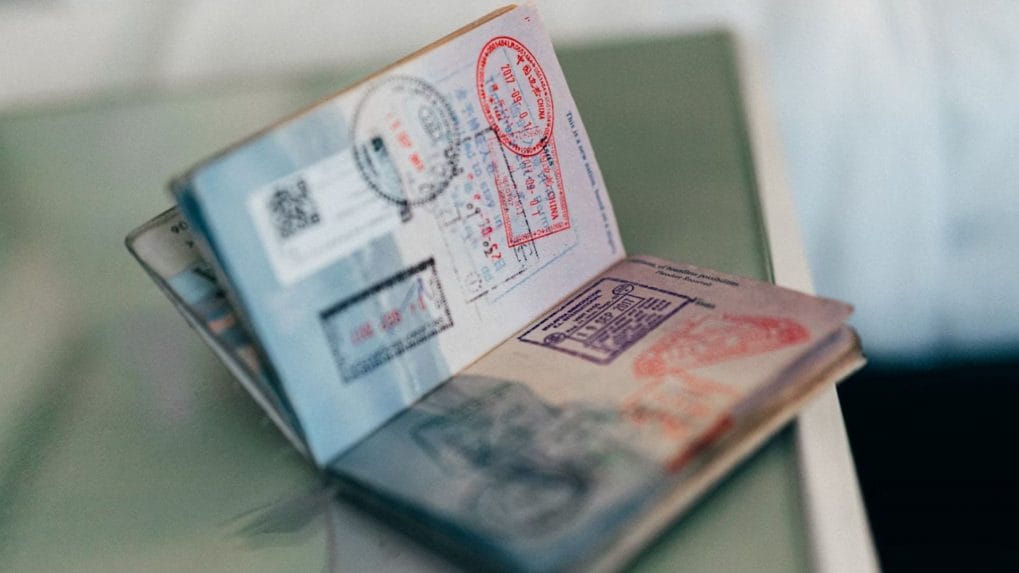Advertising
From Pink Slips to Silent Sidelining: Inside adland’s layoff and anxiety crisis

Foreigners hoping to visit Harvard University - including prospective and current students, faculty, employees, contractors, guest speakers, and tourists - may now find their visa applications under tighter scrutiny if they lack a social media footprint.
According to a Bloomberg report, US secretary of State Marco Rubio has issued a directive requiring consular officers worldwide to examine applicants' social media profiles, with an absence of online activity potentially grounds for visa denial.
The directive, circulated in a classified cable on May 23, is part of what Rubio described as a pilot for broader future security measures. It comes just days after US authorities paused student visa interviews to review screening protocols for individuals deemed security risks.
In the cable, consular officers were instructed to:
- Search applicants' social media profiles
- Instruct applicants to make social media accounts public
- Treat the absence of an online presence or private profiles as potentially evasive behaviour
"Consular officers should consider whether the lack of any online presence, or having social media accounts restricted to ‘private’ or with limited visibility, may be reflective of evasiveness,” Rubio reportedly wrote.
The US State Department has not officially commented on the cable, the report added. When asked about the report on May 27, department spokesperson Tammy Bruce declined to confirm its existence but said the US would continue using "every tool" to vet visitors.
Civil liberties groups and free-speech advocates have criticised the move. Greg Lukiano, president of the Foundation for Individual Rights and Expression, called the approach “egregious and unconstitutional.” Writing in The Atlantic, he warned: “If you post on social media and say things the government doesn’t like, you can be in trouble — but also if you conspicuously don’t or try to keep them private, you can also be in trouble.”
Sofia Cope, a staff attorney at the Electronic Frontier Foundation, said the policy represents an "outrageous overreach."
“Penalising a would-be foreign student or visitor for not being active on social media or keeping their online presence shielded from the general public is an outrageous overreach by the administration,” Cope told Bloomberg.
Akshay Chaturvedi, founder and CEO of Leverage Edu, argued that the directive should not be seen as a broad attempt to curtail opportunities for international students, the report added.
“This is NOT about international students, their opportunities, their dreams etc.; this decision stems from a very specific objective, re anti-semitism that the current US Govt is targeting, which ‘happened to have’ some of the action play out on campuses,” Chaturvedi posted on X.
“There continues to be incredible respect for immigrants in the US… these are cycles, US as a destination for international students will never be out of vogue,” he added.
International students comprised 5.9% of the nearly 19 million US higher education population during the 2023-24 academic year. The country hosted over 1.1 million foreign students, with India sending the most, followed by China.
From purpose-driven work and narrative-rich brand films to AI-enabled ideas and creator-led collaborations, the awards reflect the full spectrum of modern creativity.
Read MoreLooking ahead to the close of 2025 and into 2026, Sorrell sees technology platforms as the clear winners. He described them as “nation states in their own right”, with market capitalisations that exceed the GDPs of many countries.